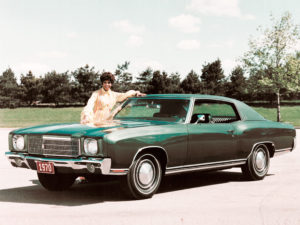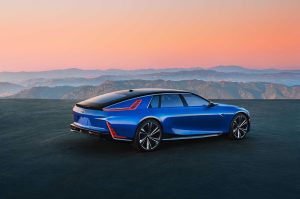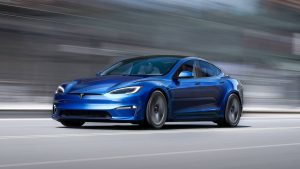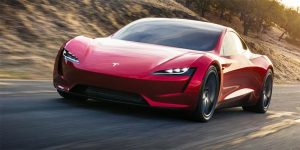The auto industry has its first model casualty of the COVID-19 pandemic. The joint venture between Rivian and Lincoln, a luxury arm of Ford Motor Company, to develop an electric SUV has be cancelled according to reporting by Automotive News.
Messaging to Lincoln dealers this week noted that while there is the possibility that Lincoln will develop an electric vehicle (EV) in the future, given the current business environment, the project needed to be shelved.
The 2020 Corsair Grand Touring becomes Lincoln’s second PHEV with segment-first electric all-wheel drive.
Photo courtesy of Lincoln Motor Company
Before it was cancelled, the model the joint venture was producing would have built a Lincoln SUV atop the same skateboard that Rivian plans to build the R1T truck and R1S SUV on under its own badge.
When the proposed new model was announced in January, Joy Falotico, president, Lincoln Motor Company, said, “Working with Rivian marks a pivotal point for Lincoln as we move toward a future that includes fully electric vehicles. This vehicle will take Quiet Flight to a new place – zero emissions, effortless performance and connected and intuitive technology. It’s going to be stunning.”
Ford invested $500 million in Rivian last year.
Until the COVID-19 pandemic halted much of the automotive industry from supplier to salesman, Rivian had been set to begin production of their all-electric R1T truck and R1S SUV in the coming months. Now, reporting by The Chicago Tribune indicates that the company’s timeline for launch has been pushed back to 2021. Rivian has since confirmed the delay.
Currently, Lincoln offers Aviator and Corsair plug-in electric vehicle options, which have a small number of all-electric range. The downside for buyers is that those models cost substantially more than their gasoline-only powered counterparts.
Ford is investing $11.5 billion into electrification, including the new Mustang Mach-E and a fully electric version.








